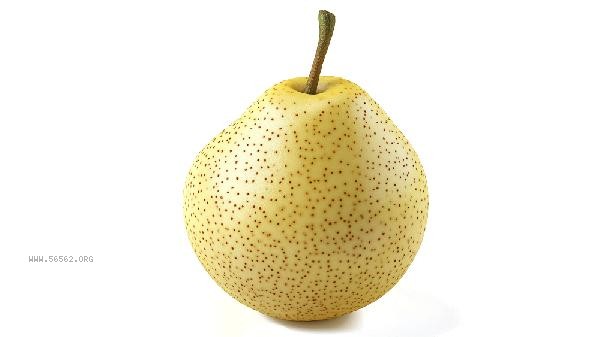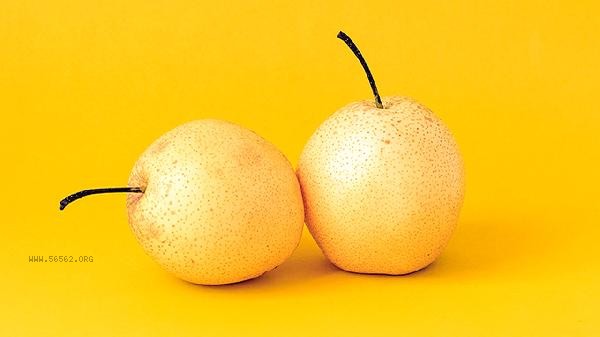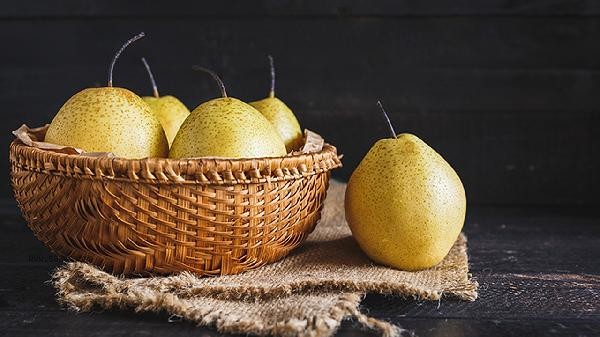Pear flesh that turns brown when bitten open is usually edible, and this discoloration is mainly caused by oxidative reactions. If the pear meat has no odor or signs of decay, it generally does not affect food safety. In rare cases, browning of pear flesh may be accompanied by spoilage, and caution should be exercised in distinguishing it. It is a common phenomenon for pears to turn brown after being cut open. Polyphenols in fruits undergo enzymatic browning reactions when exposed to air, similar to the discoloration process of apples and bananas after being cut open. Fresh pears can still be consumed normally even if the flesh is slightly brown, as long as the texture is not softened and there is no rancid odor. The degree of browning is affected by pear variety, maturity, and storage temperature. Some varieties, such as Snow Pear, have a yellowish brown flesh, which is not indicative of spoilage. If the browning of pear flesh is accompanied by obvious stickiness, water seepage, alcohol smell or mold spots, it may be caused by damage from bumps or prolonged storage, leading to microbial contamination. This type of spoiled pear skin may appear dull and sunken, and the browning around the core spreads rapidly, which may cause gastrointestinal discomfort after consumption. Pears stored in high temperature environments or refrigerated for more than a week in summer are more prone to spoilage. It is recommended to cut them open and consume them as soon as possible. For short-term storage, soak them in light salt water to slow down oxidation.

When purchasing pears in daily life, you can lightly press the navel to check the hardness and avoid fruits with scars on the skin. Pear chunks that are temporarily not eaten after cutting can be wrapped in plastic wrap or dripped with lemon juice to delay discoloration. For those with spleen and stomach deficiency and cold, it is recommended to steam pear before consumption to reduce raw and cold stimulation. If you accidentally eat spoiled pears and experience abdominal pain and diarrhea, you can drink light sugar salt water to supplement electrolytes. If the symptoms persist, seek medical attention promptly.











Comments (0)
Leave a Comment
No comments yet
Be the first to share your thoughts!